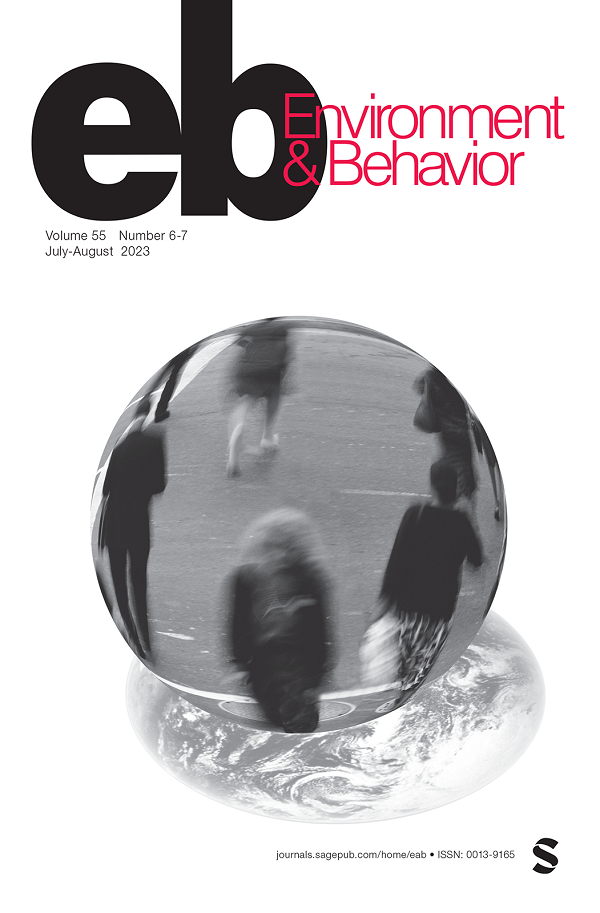对相互关联的野火、洪水和泥石流灾害的认知中的空间乐观主义和交叉效应
IF 4.6
2区 心理学
Q1 ENVIRONMENTAL STUDIES
引用次数: 0
摘要
野地与城市交界处(WUI)附近的社区面临着三种相互关联的灾害(野火、洪水和泥石流),了解对多种灾害的认知对应急准备和减灾至关重要,特别是考虑到 WUI 的快速扩张和环境灾害的加剧。根据对居住在南加州近期烧伤疤痕附近居民的调查,我们记录了危险感知的交叉效应,即居民经历过的一种危险与其他危险的更高危险等级相关。此外,对于所分析的所有三种危害,我们都记录了随着空间尺度(住宅、近住宅、邻里和社区)的增加,危害等级也随之增加的看法,这提供了空间乐观主义的证据,或者说是对近距离危害打折扣的倾向。这项研究强调了使用多危害和多尺度方法来了解和应对地方环境危害的重要性。本文章由计算机程序翻译,如有差异,请以英文原文为准。
Spatial Optimism and Cross-Over Effects in the Perceptions of Interconnected Wildfire, Flood, and Mudslide Hazards
Communities near the wildland urban interface (WUI) are exposed to a mix of three interconnected hazards (wildfire, flood, and mudslide), and understanding multi-hazard perceptions is critically important for emergency preparation and hazard mitigation—particularly given the WUI’s rapid expansion and intensifying environmental hazards. Based on a survey of residents living near recent burn scars in Southern California, we document cross-over effects in hazard perceptions, where resident experience with one hazard was associated with greater hazard rankings for other hazards. Additionally, for all three hazards analyzed we document perceptions of increasing hazard levels with increasing spatial scales (home, near-home, neighborhood, and community), providing evidence of spatial optimism, or the tendency to discount proximate hazards. This study stresses the importance of using a multi-hazard and multi-scale approach for understanding and responding to local level environmental hazards.
求助全文
通过发布文献求助,成功后即可免费获取论文全文。
去求助
来源期刊

Environment and Behavior
Multiple-
CiteScore
13.30
自引率
1.80%
发文量
13
期刊介绍:
Environment & Behavior is an interdisciplinary journal designed to report rigorous experimental and theoretical work focusing on the influence of the physical environment on human behavior at the individual, group, and institutional levels.
 求助内容:
求助内容: 应助结果提醒方式:
应助结果提醒方式:


